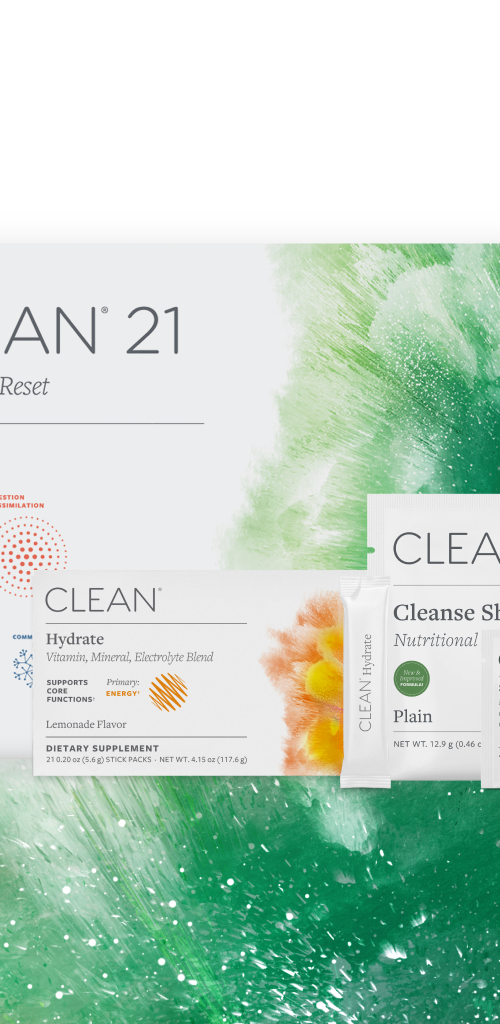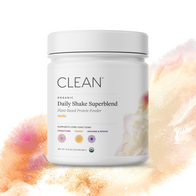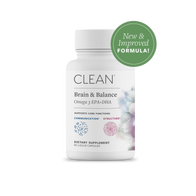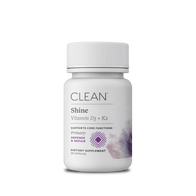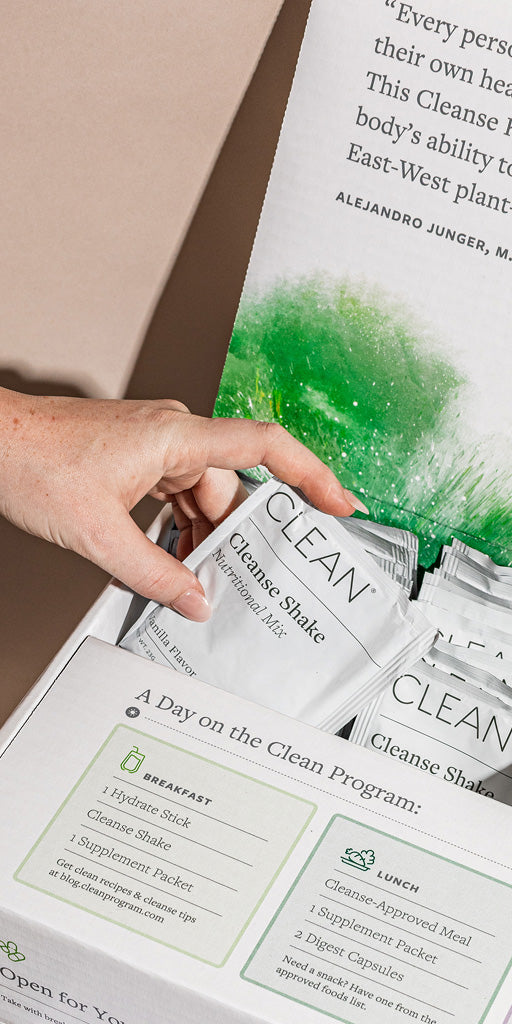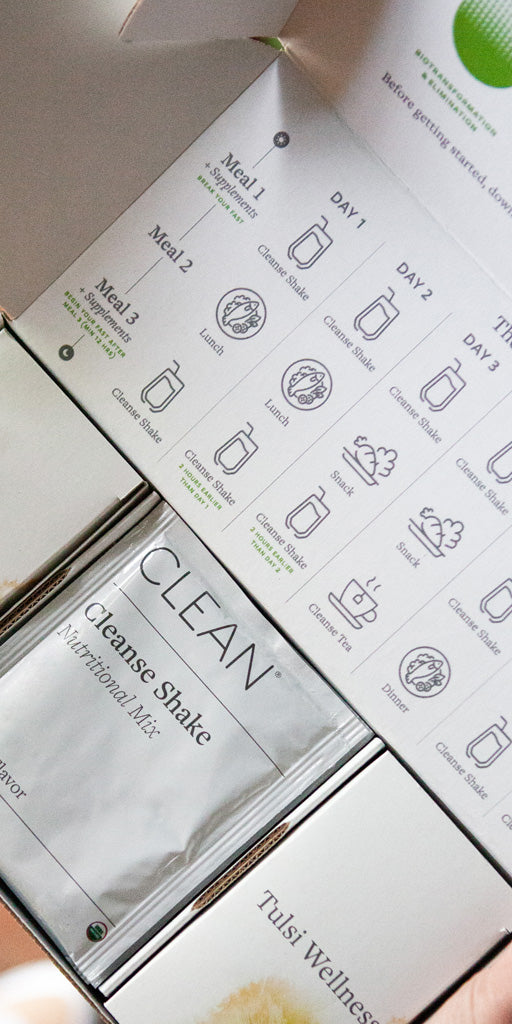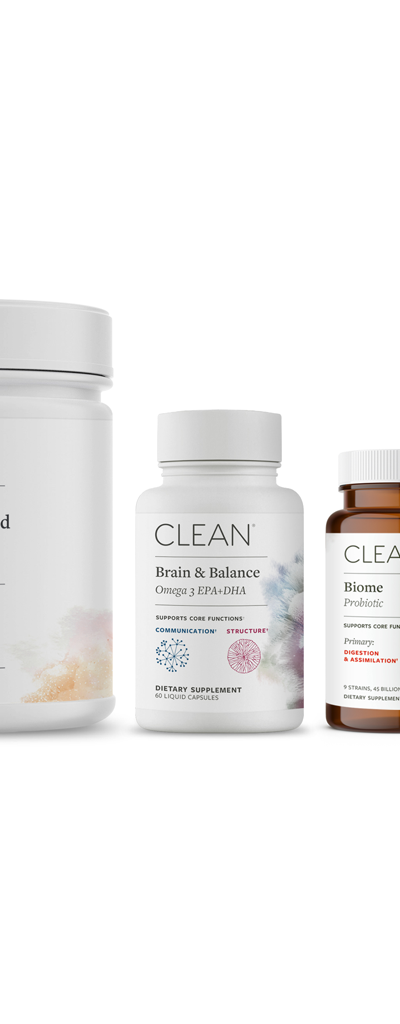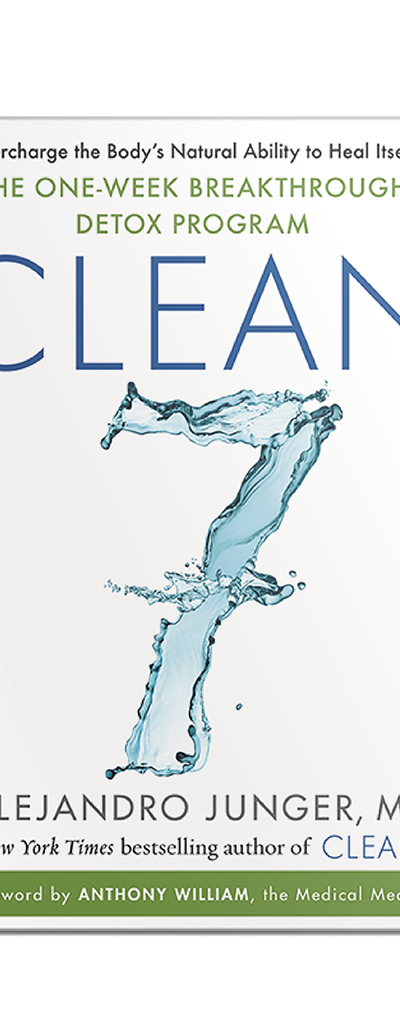
Have you ever heard of the vagus nerve? If not, this could be the answer to your health woes. Research shows that a strong vagal tone (toned and working vagus nerve activity) makes the body better at regulating blood glucose levels, reducing the likelihood of diabetes, stroke, and cardiovascular disease. Low vagal tone has been associated with chronic inflammation. Strengthening your vagal tone can help relieve brain fog, fatigue, anxiety, depression, and digestive distress.
What is the Vagus Nerve?
The vagus nerve is composed of a pair of nerves - right and left - which extends from both sides of the brainstem just behind the ears, down the neck, across the chest, and through the abdomen. As you can imagine, it touches several major organs in your body – stomach and digestive tract, lungs, heart, spleen, intestines, liver, and kidneys. Specifically, it is part of the parasympathetic nervous system. This rest and digest system conserves energy as it slows the heart rate, increases intestinal and gland activity, and relaxes sphincter muscles in the gastrointestinal tract.
Autonomic Nervous System
The vagus nerve is part of the autonomic side of the nervous system. This is the side that happens without you thinking about it or controlling it. Breathing, heart rate, digestion, and even how we take in, process, and make meaning of our experiences are all directly related to the vagus nerve.
Here’s how to strengthen this essential element of the nervous system:
Cold Exposure
When the body adjusts to cold, the sympathetic system (fight-or-flight response) declines, while the parasympathetic system increases, which is mediated by the vagus nerve. You can experiment with cold exposure by taking cold showers, trying out cryotherapy, or even dipping your face in cold water.
Mike Perrine of Vitality says, “There [is] an abundance of benefits, most notably inflammation reduction, metabolism-boosting, and mood elevation.”
Meditation
Meditation has been shown to increase vagal activity, reduce sympathetic activity, and increase vagal modulation. In one study, meditators who deeply practiced loving kindness, leaving them feeling happier and more socially connected, showed an increase in vagal tone.
According to a Psychology Today article, meditation can dramatically reduce anxiety, stress, and depression while helping your brain manage these emotions better.
The incredible benefits of meditation are still being studied, but yield incredible, life-changing results. And the best part? You don't have to invest a ton of money to practice. It's free and can be done anytime, anywhere.
But if you're interested in adding this practice to your routine and don't know where to start, check out meditation apps like Headspace and Calm.

Yoga and Breathing Activities
Yoga increases GABA, a calming neurotransmitter in your brain. Researchers believe it does this by stimulating vagal afferents, which increase activity in the parasympathetic nervous system. Yogic practices such as pranayama, the regulation of the breath through certain techniques and activities, increase vagal tone. Ujjayi (ocean-sounding breath), increases parasympathetic activity as well as heart rate variability, the rhythmic change in the space between each heartbeat.
Try taking a yoga class in your area or practicing breathing activities at home. It is as simple as breathing in through your nose for a count of four and slowly exhaling through your nose while constricting the back of your throat – creating an ocean-like sound – for a count of six.
Probiotics
Certain strains of probiotics, like lactobacillus, have been shown to increase GABA via stimulation of the vagus nerve. Another study found that the probiotic strain, bifidobacterium longum, normalized anxiety-like behavior in mice by acting through the vagus nerve. If you’re interested in adding a probiotic to your diet, check out our high-quality, trusted probiotic today.

Singing and Chanting
Singing at the top of your lungs increases oxytocin and works the muscles in the back of the throat, connected to the vagus nerve, to activate the vagus nerve. Don’t stop singing in the shower!
And it's not just singing and chanting. Believe it or not, gargling can also stimulate the vagus nerve. Many health benefits are associated with gargling salt water - from killing bacteria to regulating your pH. Try adding it to your daily hygiene practice. You may be surprised at the multiple benefits you receive from this simple addition.
Massage
You can manually stimulate the vagus nerve by massaging certain areas of the body. A neck massage along the carotid sinus, the right side of your throat, stimulates the vagus nerve. Foot massage can also increase vagal modulation as well as help lower blood pressure. Treat yourself to a massage, or practice an at-home self-massage.
Fasting
Fasting has been shown to stimulate the parasympathetic nervous system. Digestion is energy-intensive. Giving the body a bit of a break from digesting food can send extra energy towards rebuilding the nervous system and relaxing the body. Follow the Clean Program’s twelve-hour protocol while completing a 21-day Clean Program. This is also an easy habit to continue long after the completion of a program.
Laughing
Laughing tends to reduce sympathetic nervous system activity while increasing parasympathetic nervous system activity. This may be caused by the diaphragm stimulating the vagus nerve. Spend time with friends and family that make you feel good, and most importantly, laugh a lot. It can change your life for the better!
Written by Hannah Aylward
If you like this article, you might also enjoy What Are the Benefits of Foam Rolling?
Sources:
